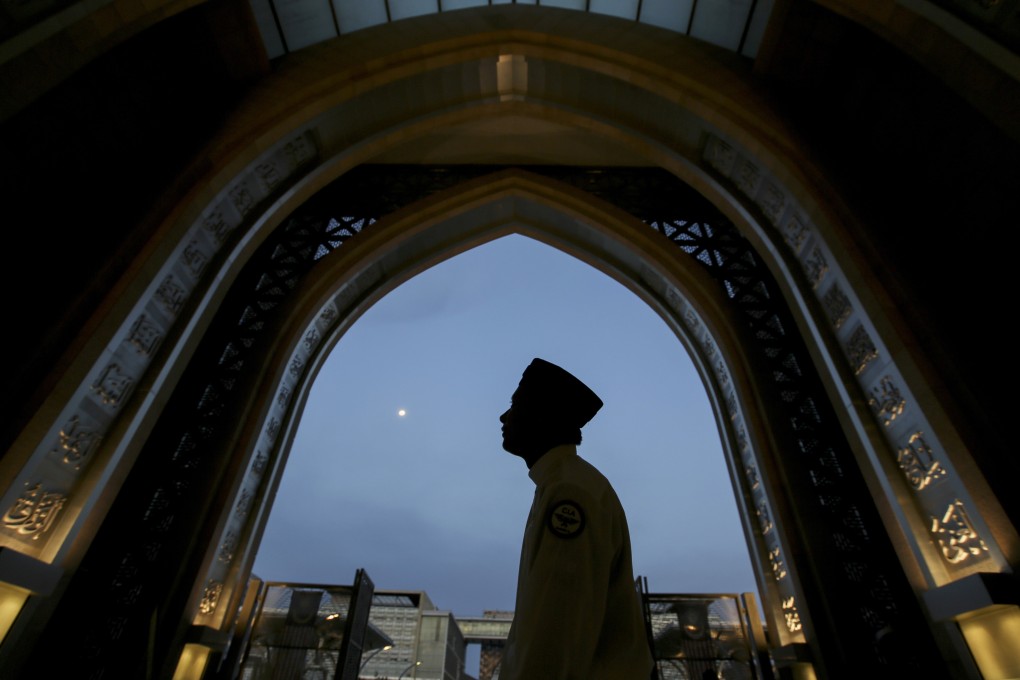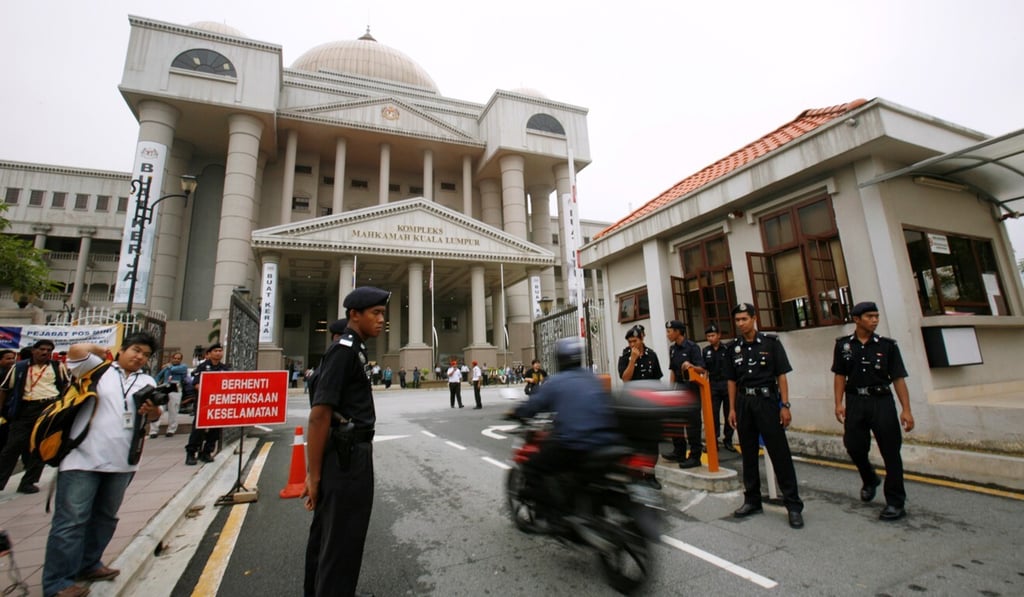Malaysian court’s decision to allow use of ‘Allah’ by Christians heralds political, social tension
- Analysts say the ruling is unlikely to close the chapter in a saga that has run for more than a decade, with conservative Muslim groups already challenging it
- The decision is also seen as a political fault line as the ruling Perikatan Nasional coalition led by embattled Prime Minister Muhyiddin Yassin gears up for an election

The March 10 ruling by the Kuala Lumpur High Court involved a 2008 case brought by Jill Ireland, a clerk from the east Malaysian state of Sarawak.
Ireland – who is Christian, and a member of Sarawak’s indigenous Melanau ethnic group – had claimed that a 1986 directive by the home affairs ministry banning Malay-language Christian publications from using the word “Allah” was a violation of her constitutional rights.
She initiated the case after authorities confiscated, and later returned, eight CDs that contained words proscribed under the home ministry’s order. In her decision last week, Justice Nor Bee Ariffin ruled that the 1986 government order was in fact “illegal and unconstitutional”. Malaysia’s constitution guarantees freedom of religion.
The judge said that along with the word “Allah”, Christians also had the right to use three other words of Arabic origin: “Kaabah”, or Islam’s holiest site; “Baitullah”, meaning “house of God”; and “solat”, or prayer.
